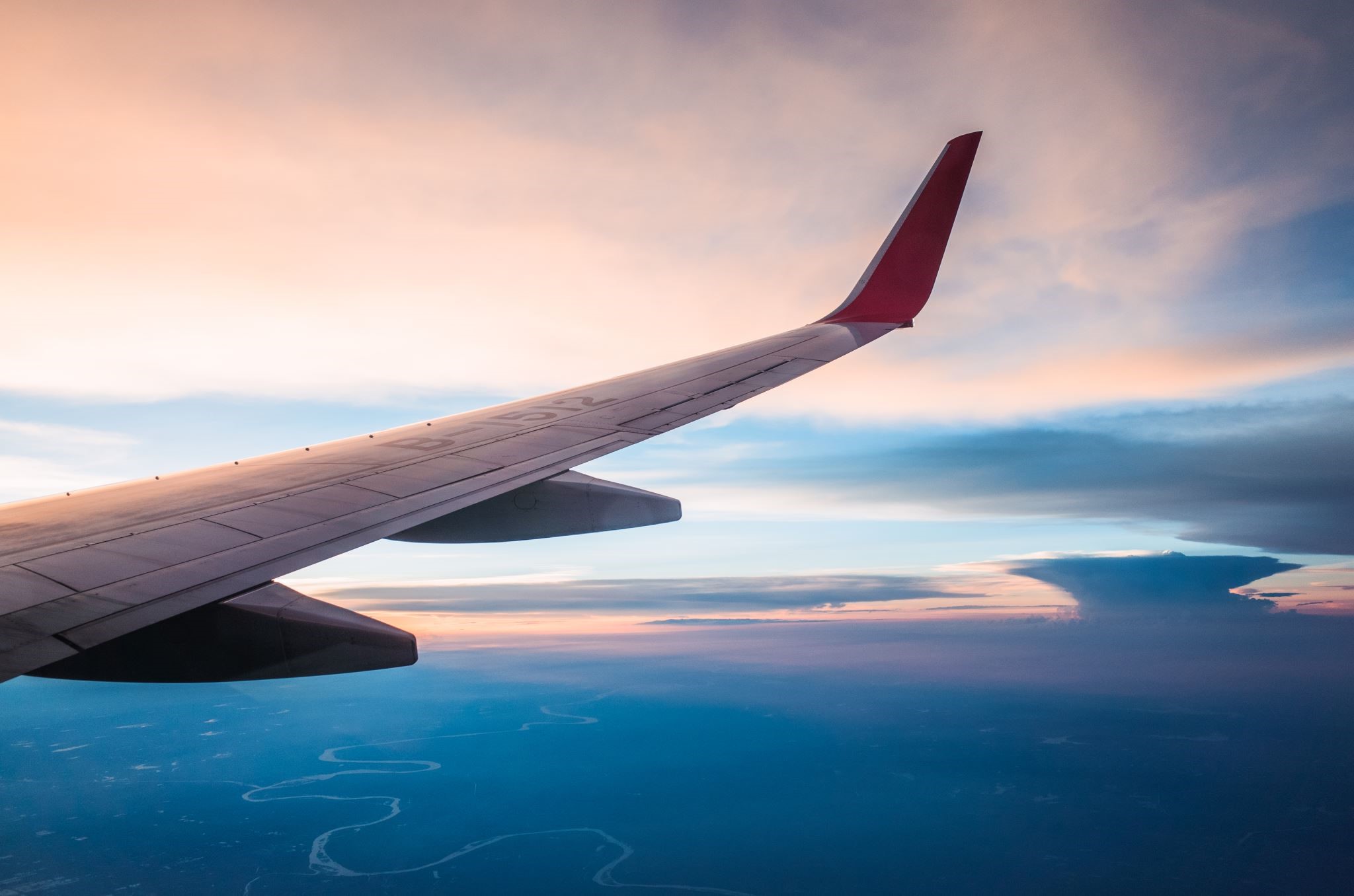Study seeks to obtain reference prices of conventional fuels to compare to the price of synthetic aviation fuel (alternative jet fuel)
Published on August 17th 2021
Brazil is the largest consumer of aviation fuels in Latin America, according to the Brazilian National Agency of Petroleum, Natural Gas and Biofuels (ANP). Moreover, the cost of aviation fuels is the most significant cost component for airlines and is therefore a critical variable(1).
Still, aviation fuel in Brazil is up to 40 per cent more expensive than the average international price, and constitutes approximately 30 per cent of the average total costs for airlines (ABEAR, 2016 apud ROTH, 2018). The fuel specifications for use in aircrafts in Brazil are: aviation fuel (QAV), aviation gasoline and alternative aviation fuel (alternative QAV), as regulated by ANP Resolutions No. 778/2019 and ANP No. 5/2009.
The Deutsche Gesellschaft für Internationale Zusammenarbeit (GIZ) GmbH has a project in Brazil called “Alternative Fuels without Climate Impact (ProQR)” which is run in partnership with the International Climate Initiative (IKI, in German). This project has conducted a “Cost Analysis of Aviation Fuels in Brazil” in cooperation with the Brazilian Energy Research Company (EPE).
Florian Roth, author of the study, holds a master’s degree in Renewable Energy Management from the University of Applied Sciences in Cologne, Germany, and was a consultant for the ProQR Project between 2017 and 2018. The central objective of the study was to obtain several reference price scenarios of conventional fuels to be able to compare to the price of one liter of synthetic aviation fuel (alternative QAV).
To achieve this, the author analysed the status quo of the conventional aviation fuel value chain in Brazil and determined the real market cost of one liter of aviation fuel sold by distributors. Other cost factors throughout the life cycle of the fuel value chain were also considered. Among these expenses, Roth analysed the cost of transporting jet fuel (especially to remote regions) and the impact of applied taxes. The study found that high final costs were largely due to tax structures and distribution hurdles that make it costly for remote locations in Brazil to transport fuel to airports. Remote regions of Amazonas were highlighted due to specific logistical challenges. In these locations, aviation fuel often needs to be transported by airplanes.
By delinuating the cost components along the value chain and detecting influences on the final price for the aviation fuel distributor, the study addresses the challenges in making the Brazilian value chain for synthetic aviation fuel (alternative QAV) more competitive. The results and recommendations elaborated by Florian Roth contribute to a bottom-up analysis that takes into account the respective volumes and costs of QAV storage, its social and environmental impacts, as well as costs of alternative fuel technology projects. The findings are relevant to future research and next steps regarding public policies for the decarbonization of the Brazilian aviation sector and the evolution of the ProQR project. The project’s main goal is to enable the construction of a sustainable aviation fuel production plant in Brazil following the disruptive proposal of modular production close to the place of consumption.
To learn more on the topic, click HERE to access the study in English
Florian Roth is a contributor to this article.
